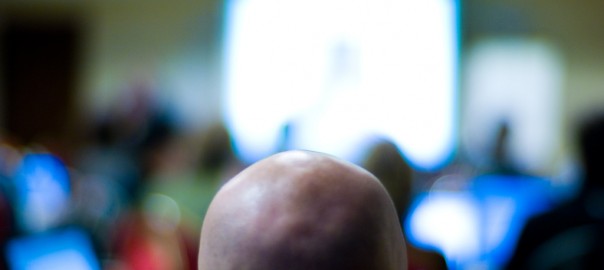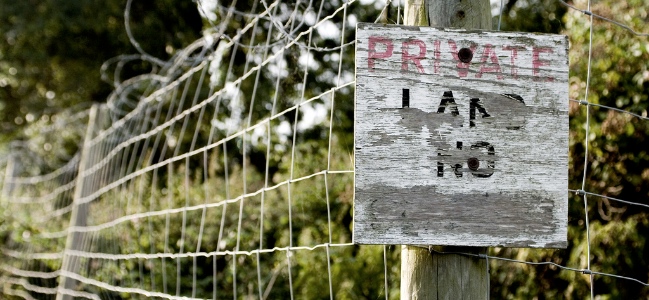On living in the future
“The future is already here — it’s just not very evenly distributed.” (William Gibson)
There’s a known problem that (web) designers have, something that they have to consciously go out of their way to correct. The majority of them have large, colour-calibrated monitors displaying more pixels than you can stick a shake at. They use the latest tools and software. They’re aware of colour theory. They follow fashions within their community. This means, unless they’re careful, what they design on their super-high definition displays may look amazing for them but look really crappy on a three year-old beat-up laptop running an outdated operating system and browser.
Almost everyone I interact with on a daily basis lives in the future. They (we) have first world problems related to what are, in essence, luxury goods. They use alpha and beta versions of cutting-edge software and services. They’re looking for the next big thing. And by ‘they’ I include ‘me’ as well.
Let’s use the diffusion of innovation curve as a convenient hypocrisy. We all know it’s not a perfect model, but it serves a purpose here. The blue line represents successive groups of consumers adopting the product, service, etc. and the yellow line represents market share.

Along with most people I know, I’m definitely to the left of that bell curve. But, interestingly, I’ve found myself moving steadily to the right as I get older. Part of this might be a natural drift* but I think there’s more than that. What I’m realising increasingly is that there are perils to shiny shiny educational technology and that sometimes it’s a good idea to be consciously (and perhaps, conspicuously) less shiny.
This year so far I’ve made two small steps in meeting people where they are: I’ve replaced my phone with an older one(!) and have resurrected my Facebook account. This means that, on the one hand, I’m using slightly ‘out of date’ technology and, on the other, I’m spending some of my time seeing the (online) world in the way that ‘most people’ do. It’s all very well having conversations with people who like technology, but often that’s preaching to the choir. To really change things and co-construct a positive future we need to convert people who haven’t yet ‘received the gospel’ (as it were).
So, over the next few months, I’ll be paying attention to my usual information sources – but also trying to participate in conversations and in places that tend towards the middle of the innovation curve. If you’ve got some ideas of (non-technical) places and (non-geeky) people I should be paying attention to, please let me know!
Image CC BY-SA Thomas Duchnicki
* I don’t necessarily agree, but Winston Churchill famously said, “If you’re not a liberal at twenty you have no heart, if you’re not a conservative at forty you have no brain.”



